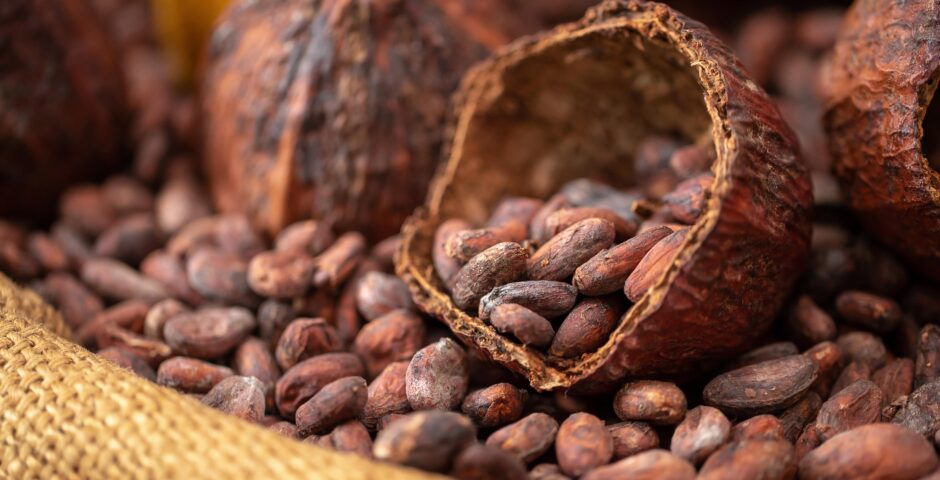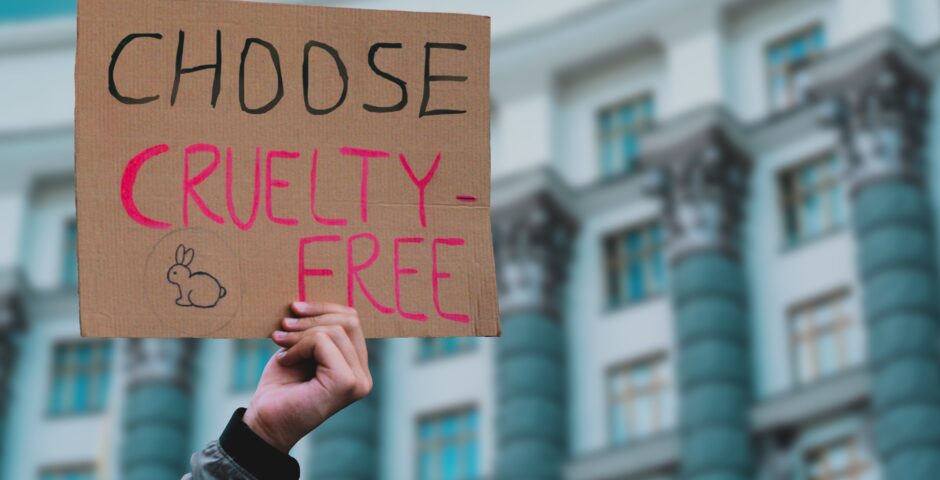Fighting child labour in the chocolate industry

Will the EU’s action plan against child labour be effective?
Chocolate is one of the most popular sweet treats across the European Union, and our countries have some of the highest rates of consumption and production in the world. Still, there is one big issue with our high demands for these delicious confectioneries––the amount of child labour on cocoa farms is increasing. The European Commission wants to make sure that it has no part in this exploitation, and it is for this reason that it wants to ask chocolate companies to take responsibility for human rights and environmental abuses throughout their supply chain.
What is due diligence?
Due diligence is the process according to which the business understands, manages, and communicates its risks, including the risks that it encounters and the risks that it might generate for others. In short, it’s about companies being responsible. However, one study from the European Commission found that the number of companies actually conducting correct due diligence with regards to human rights and the environment was too low. In fact, only thirty-seven percent (37%) of companies truly attempt to prevent violations throughout their supply chain. For this reason, the European Parliament has urged the Commission to adopt binding requirements for businesses, asking them to pay more attention to the risks that they generate for others.
The upcoming due diligence regulations
Child labour on cocoa farms is still abundant in West Africa, which is one of the biggest regions for the harvesting of cocoa beans in the world, supplying sixty percent (60%) of the global amount of chocolate. Ghana and the Ivory Coast are, in particular, on the forefront of this issue, with one major report from the University of Chicago for the United States government finding that more than one and a half million children work on cocoa farms in those two countries. Prices for cocoa beans dropped three years ago, because of which young children would also drop out of school to work on the family farms to keep their parents from falling into poverty.
Companies have always had the possibility to make non-binding commitments, such as the OECD Guidelines for Multinational Enterprises and the United Nations Guiding Principles on Business and Human Rights, to change the situation and to fight against child labour, but it seems as though this has not been enough. It is for this reason that the Commission wants to introduce binding requirements for businesses and an “enforceable mechanism with the possibility of sanctioning companies that fail to monitor violations of human rights and environmental rules throughout their supply chain,” according to the Commissioner of Justice Didier Reynders. This plan should not just encourage, but also force companies to pay much more attention to their supply chain and to ensure that they are not relying on exploitation. In the meantime, the Commission has published a guide, which explains practical aspects and provides an overview of useful instruments to help chocolate companies combat child labour.
But could the Commission’s plan be too little too late?
Criticism towards the Commission’s plan
Despite the Commission’s best efforts, there has been criticism towards its plan. First and foremost, Sergi Corbalán, the executive director of the Fair Trade Advocacy Office, said that the upcoming due diligence regulations might work on paper but not in practice. For example, some companies might be tempted to pay for private audits to prove that they are paying the required attention to violations throughout their supply chain, when they are not actually doing so in reality. This bureaucratic approach would then allow those companies to circumvent legal measures and regulations that are more focused on human rights and environmental abuses.
In addition to this, the upcoming due diligence regulations would require companies to pay attention to violations throughout all tiers of their supply chain. During his speech in March, Commissioner Reynders mentioned that “the most flagrant violations […] don’t happen in the first tier […], but further down.” This means that companies in the European Union will be held responsible for their ties with cocoa farms that rely on exploitation and, therefore, do not respect human rights. However, some groups have been demanding that companies be held responsible solely for their own direct supply chain and nothing further. Moreover, other groups have been highlighting how difficult it might be for smaller and middle-sized companies to find alternative suppliers that do respect human rights because of the limited amount of options available.
Because of this, one of the most powerful chocolate coalitions has urged the Commission to pursue new bilateral agreements with countries that have large supplies of cocoa beans in their joint statement, which was released to the media in June. The coalition includes multiple chocolate companies, certification organisations, and non-governmental organisations, including but not limited to Nestlé, Ferrero, Tony’s Chocolonely, and more. It argues that it is essential for the Commission to establish long-term partnerships with the governments of these countries to ensure that the supply chain of chocolate companies that are based in the European Union can become entirely sustainable. For this purpose, the agreements should include deadlines with regards to human rights and the environment. Furthermore, the coalition highlights the importance of paying farmers living wages to ensure that they will not need their children to work.
Last but not least, this raises the issue of how the farmers will even regard the upcoming due diligence regulations. Because most of them are situated in West Africa, and, in particular, in Ghana and the Ivory Coast, the farmers might see these laws as another protectionist measure that restricts their access to the internal market of the European Union. For this reason, it will be important to see how the Commission will alleviate their fears and communicate with them.
Conclusion
The Commission’s plan is likely to have huge implications on chocolate companies that are based in the European Union by forcing them to pay more attention to their supply chain and to ensure that they are not relying on exploitation. In addition to this, it is also expected to influence the behaviour of suppliers, which will find themselves required to respect human rights if they wish to keep selling their cocoa beans to their current clientele. Therefore, the upcoming due diligence regulations seem perfect on paper, but much remains to be seen in practice. The Commission still needs to show how it is planning on implementing and enforcing the new laws, and it will need to be prepared to defend itself depending on how the governments of countries with large supplies of cocoa beans will respond. In the meantime, the Commission’s plan seems to be an efficient and effective method, but it might still prove itself to be too little too late.
Charlotte Vanderbemden has recently obtained her bachelor’s degree in European Studies and is currently working on her master’s degree in European Law at the Universiteit van Amsterdam.
Image: Shutterstock




